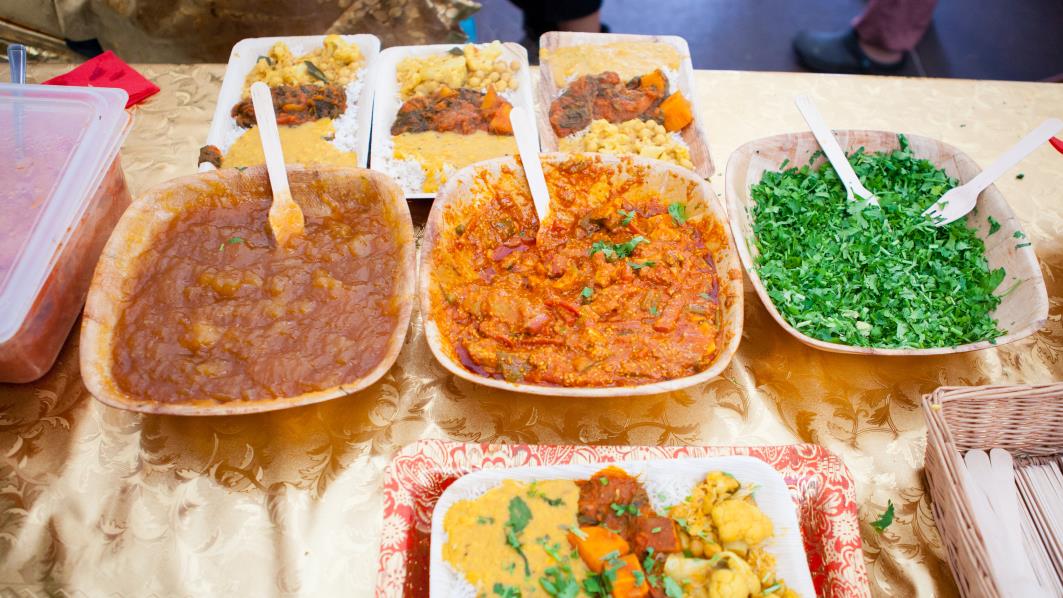
In the first session of the Hay on Earth Forum, a Hay Festival audience heard how the average UK household spends around 11 percent of its disposable income on food, whereas in countries like Nigeria, that figure can be as high as 70 percent. “If the price of food doubles, the Americans can afford it, we can afford it, the French can afford it, but, if you’re already spending more than half your budget on food, you can't,” said Cardiff University lecturer Jonathan Harrington.
A panel of academics discussed the measures currently being taken to try to improve the yield and resilience of the three main cereal crops – rice, maize and wheat – since, as the global population grows, an increasingly small area of land will be available to feed each person in the world. A programme to boost the photosynthesis capabilities of rice could increase yield by 50 percent, but that is still years away.
Right now, said Cardiff University’s Helen Woodfield, Vitamin A deficiency sends 30 children blind every hour, and fixing that – while also increasing the amount of food available – is a major challenge.
“What can we do at a UK level? For a start, eat less meat and waste less food,” said Denis Murphy, of the University of South Wales.